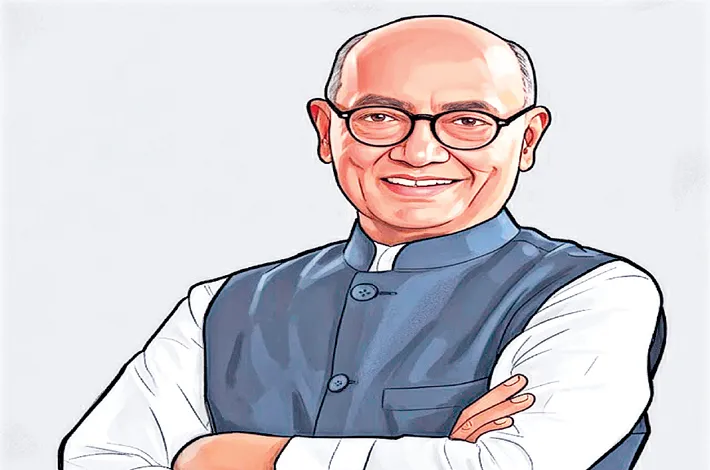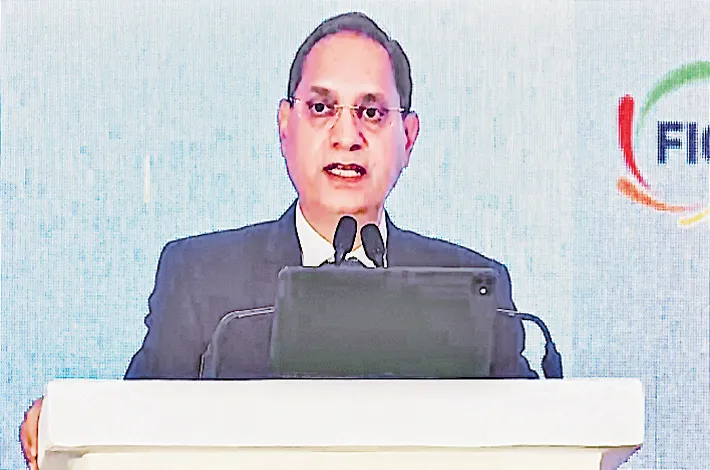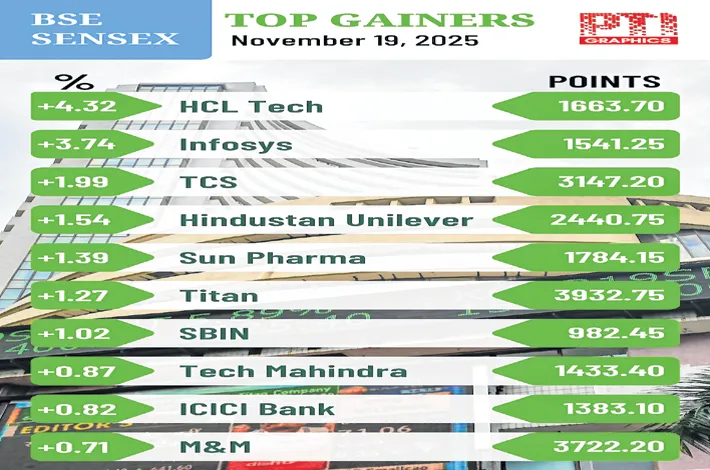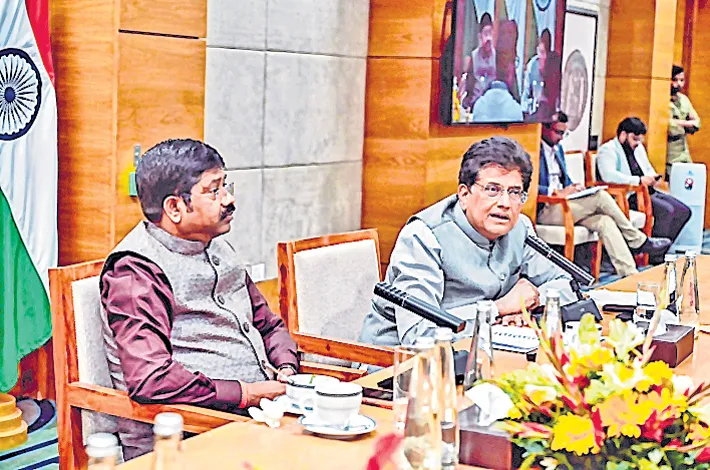Digvijay Singh calls for reboot
20-11-2025 12:00:00 AM

Exhorts Cong leaders to come out of their closed doors onto the streets
metro india news I hyderabad
Veteran Congress leader Digvijay Singh gave a clarion call to the leaders of the Congress Party: Bundh kamron se bahar niklo, sadkon par utar aao (roughly translated-Come out of closed doors onto the streets) in the wake of the debacle in the recent Bihar elections where the Congress faired badly despite the efforts of Rahul Gandhi and other Congress leaders.
The only way tofight against the unilateral, undemocratic and communal centric policies of BJP led NDA at the Centre is by mobilising people to fight against the injustices being meted out to the people on a daily basis, he opined.
On several issues that are wearing the democracy and the Constitution of the country, Digvijay Singh wants the Congress to launch a people’s movement and make people especially the GenZ to reclaim their spaces. Post Bihar results recently, Digvijay Singh likened the outcome to elections in "North Korea, Russia, and China," claiming it did not reflect reality alleging that 62 lakh voters' names were deleted from rolls while 20 lakh fictitious names were added without transparency by the Election Commission. He warned that crossing 140 seats for the NDA could only happen through "manipulated EVMs and voter lists."
Shift strategy
For revival, Singh stressed shifting from "rallies and public meetings" to "intensive public contact at the polling booth level." In an X post on November 16, he echoed this by agreeing that Congress needs data analytics but "more importantly... ground-level organization" to counter threats like those from PM Modi against Rahul Gandhi. Digvijay Singh's latest interventions portray Congress as needing urgent organizational reboot—through booth-level vigilance, voter list scrutiny, and unity—to reclaim its role as India's secular, fearless guardian.
At 78, Digvijay Singh remains one of the most enduring and influential voices in the Congress. The former two-term Chief Minister of Madhya Pradesh (1993–2003) and current Rajya Sabha MP is widely admired for his intellectual depth, unflinching commitment to secularism and grassroots connect.
What sets Singh apart is his rare combination of royal lineage and simplicity. Born into the erstwhile royal family of Raghogarh, he chose to live like a commoner—riding bicycles, wearing simple kurtas, and staying accessible to the poorest citizen. Even today, people in remote Madhya Pradesh villages affectionately call him “Diggi Raja,” not with feudal reverence, but with warmth for a leader who never forgot them.
During his decade-long tenure, Madhya Pradesh achieved what many thought impossible: it broke free from the BIMARU tag. Under his leadership, the state recorded the highest agricultural growth rate in the country for several consecutive years.
He pioneered genuine decentralisation by making Madhya Pradesh the first state to conduct independent Panchayati Raj elections after the 73rd and 74th Constitutional Amendments. Power was truly transferred to villages—women, Dalits, and tribals got unprecedented representation and authority. The revolutionary Education Guarantee Scheme (EGS) ensured that any habitation without a school within 1 km got one within 90 days through community demand. Result: literacy rose from 44.7% in 1991 to 64.1% in 2001, and girls’ literacy jumped from 29% to 50%. Over 26,000 new schools were opened.
The Rajiv Gandhi Watershed Missions transformed drought-prone regions into productive agricultural belts. Free electricity to farmers, redistribution of surplus grazing land to landless Dalits and tribals worth ₹3,750 crore, and the innovative Healthcare Guarantee Scheme (Antyodaya Upchar Yojana) brought basic medical facilities to every panchayat. Notably, throughout his ten-year rule, not a single major communal riot occurred in Madhya Pradesh—a remarkable feat in those turbulent times.
In an era of personality-driven politics, Digvijay Singh stands tall as a rare leader who combined vision, administrative brilliance, and genuine empathy for the marginalised. His legacy continues to inspire a generation of politicians that power is not for privilege, but for service.








